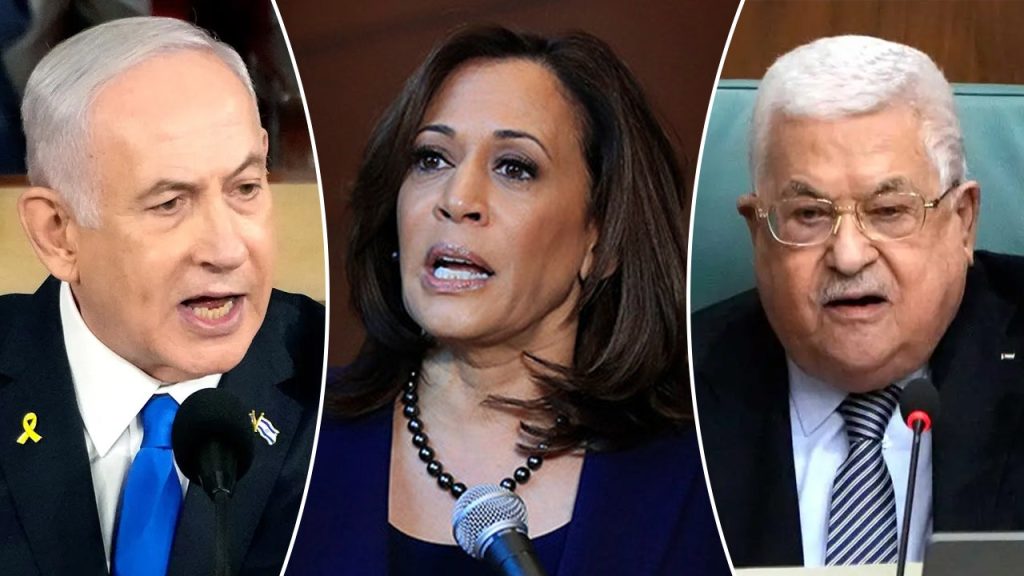Vice President Harris’ support for a two-state solution between Israel and Palestine has been criticized by Israeli and American experts who believe that it would destabilize the Middle East and lead to more terrorism. Harris reiterated her stance during a presidential debate, emphasizing the need for an independent Palestinian state on Israel’s borders. However, critics argue that the current Palestinian leadership does not seek peace and supports extremist groups like Hamas, which seek to annihilate Israel through violence. The experts warn that awarding Hamas statehood would be disastrous for regional stability, peace, and America’s global standing.
Former Ambassador to Israel David Friedman and senior fellow Jonathan Conricus have both expressed skepticism about the viability of a two-state solution given the current political climate in the Middle East. They point to the failure of past peace efforts and the rise of extremism among Palestinians as major barriers to achieving a lasting peace agreement. Conricus highlights polling data that shows popular support for Hamas among Palestinians and warns against legitimizing terrorist groups through statehood. Meanwhile, Harris and Biden continue to advocate for a two-state solution, emphasizing the importance of security, self-determination, and dignity for both Israelis and Palestinians.
Some experts argue that despite the challenges, a two-state solution remains the best path to achieving long-term stability and security for Israel and the Palestinians. Joel Rubin, a former deputy assistant secretary of state, believes that a diplomatic compromise is essential to resolving the Israeli-Palestinian conflict and emphasizes the importance of political will and security arrangements. He draws parallels with Israel’s peace deal with Egypt after multiple wars, suggesting that a similar agreement could be reached with the Palestinians if extremism is addressed and security is ensured. While the prospects for a two-state solution may seem bleak, Rubin believes that it is still a worthwhile goal to pursue.
The support for a two-state solution has been a point of contention within the Biden administration, with conflicting views on how to approach the Israeli-Palestinian conflict. Harris and Biden have provided significant funding for the Palestinian Authority led by Mahmoud Abbas, who is considered a moderate compared to Hamas. However, Abbas has faced criticism for supporting stipends for convicted Palestinian terrorists and making controversial statements that have been labeled as antisemitic. Critics argue that U.S. funds to the PA could indirectly support Hamas terrorists, undermining efforts to combat extremism and promote peace in the region.
The ongoing debate over a two-state solution reflects broader tensions and complexities in the Israeli-Palestinian conflict that have persisted for decades. While some experts believe that a diplomatic compromise is still possible, others see the current political climate and rise of extremism as major obstacles to achieving peace. The international community continues to grapple with how best to address the root causes of conflict in the Middle East and promote a lasting resolution that upholds security, self-determination, and dignity for all parties involved. As Harris and Biden navigate these challenges, they face criticism from both sides for their approach to the Israeli-Palestinian conflict and their support for a two-state solution.













